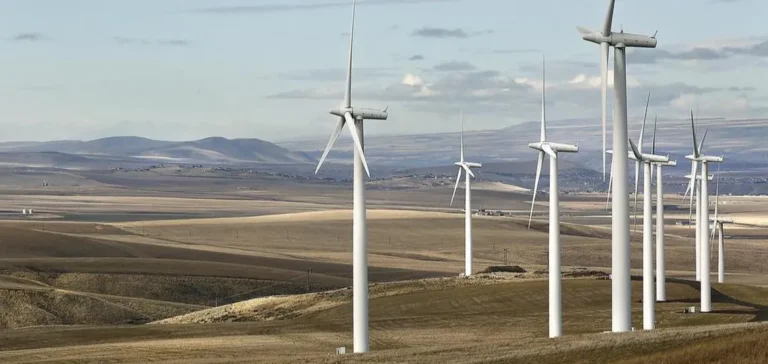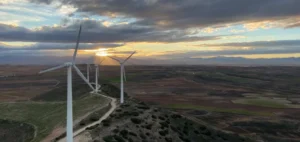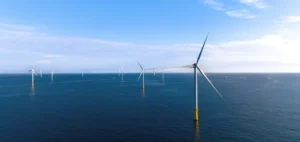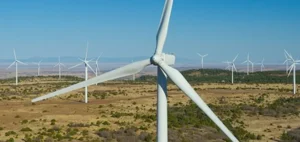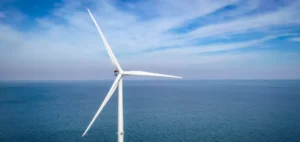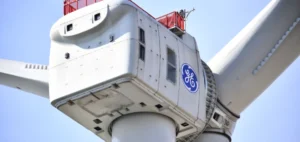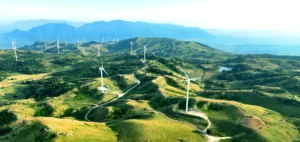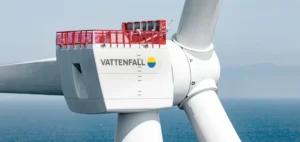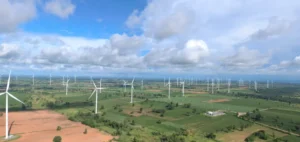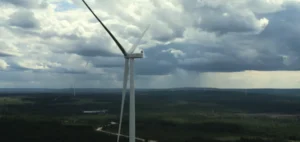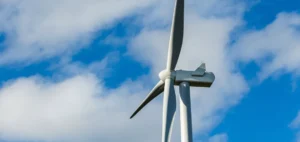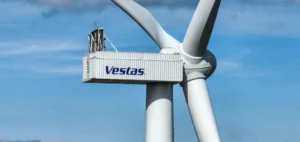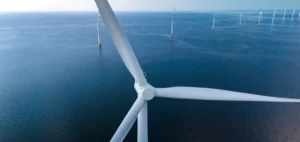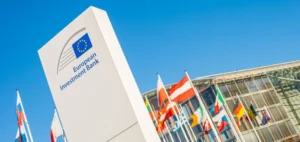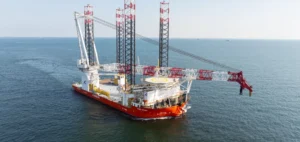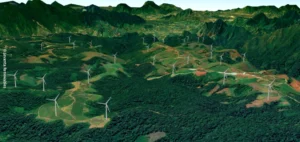The United States Department of Commerce has confirmed it has initiated a national security investigation into imports of wind turbines and their components. This initiative falls under Section 232 of the Trade Expansion Act of 1962, a legal framework allowing the federal government to determine whether certain imports threaten national security interests. The investigation was officially opened on August 13 but was only made public several days later.
This move follows an earlier announcement in the same week regarding a 50% tariff increase on imported wind turbines due to their aluminum and steel content. These new tariff measures could be further strengthened if the investigation concludes that national security is at risk.
Growing reliance on foreign supply chains
U.S. authorities are seeking public comments on the role of foreign supply chains in meeting domestic demand for wind equipment. The Commerce Department also stated it is examining the impact of foreign government subsidies and potentially predatory trade practices on the competitiveness of the domestic industry.
This investigation adds to a series of recent probes into sectors deemed critical, including semiconductors, strategic minerals, pharmaceuticals, and drones. In each case, the rationale is to evaluate the nation’s level of industrial dependency on foreign suppliers.
Political context and trade tensions
Since taking office in January, President Donald Trump has tightened regulatory oversight of sectors linked to renewable energy, often criticized for their dependence on Chinese supply chains. On his first day in office, he suspended the issuance of new licenses for offshore wind projects, citing economic and geopolitical uncertainties surrounding the sector.
The U.S. offshore wind industry, already weakened by persistent inflation and logistical challenges, may see its competitiveness further reduced by these new restrictions. The ongoing investigation could weigh on ongoing development projects, particularly those relying on imported equipment.


